
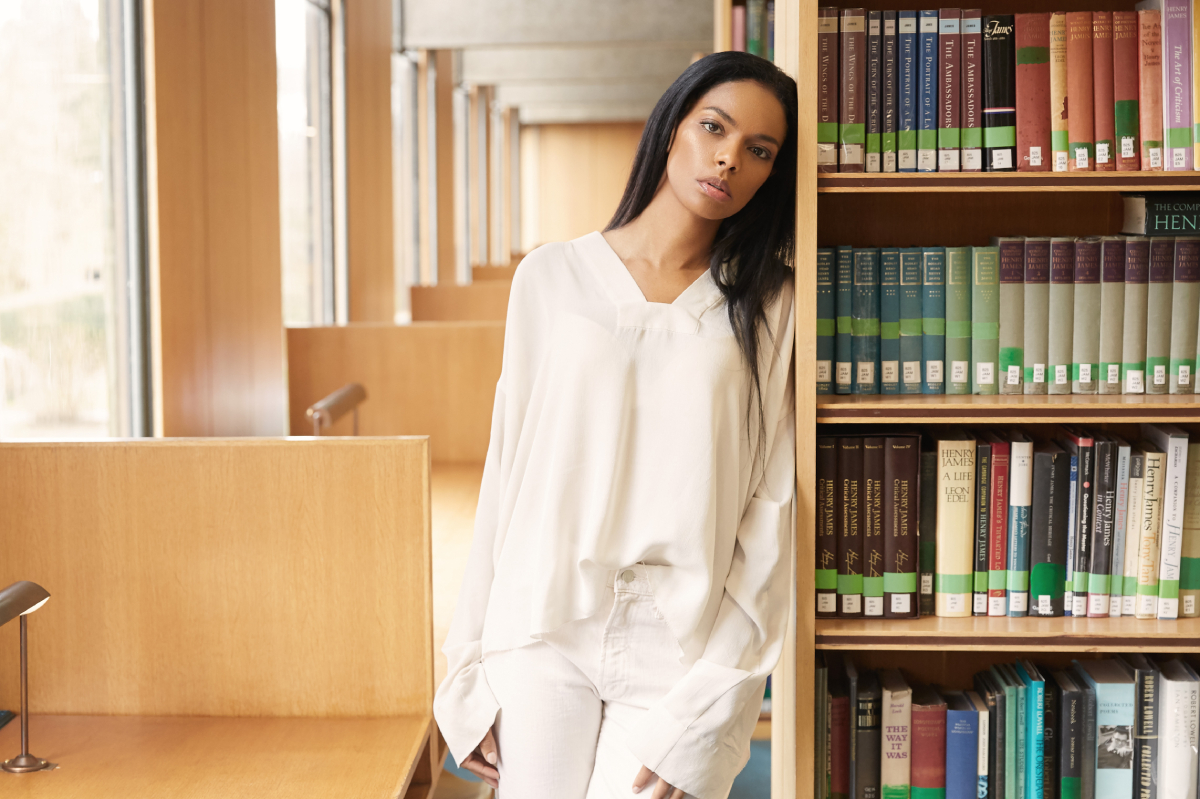
NOËLLA COURSARIS MUSUNKA
As Founder of Malaika, a non-profit operating in the Democratic Republic of Congo, Noëlla Coursaris Musunka has become an inspirational force for ending gender inequality in the classroom. We recently had the chance to sit down with Noëlla at our Founder Olivia’s alma mater, St. Catherine’s College, Oxford University, to chat about the defining moment of change in her life and her fight for the fundamental right of women to an education.
How did you transition from modelling to establishing Malaika?
A key moment was when I returned to the Congo aged 18, having spent most of my childhood in Europe. When I was five years old, my father died suddenly and my mother, not having the financial resources to support me and educate me, sent me to stay with relatives in Europe. When I finally returned to my homeland, I was shocked by the poor living conditions my mother was experiencing and by the number of children who weren’t in education – girls in particular. That was really the moment that sparked a desire in me to do something about it.
As an advocate for girls’ education, what is your biggest hope for the students of The Malaika School?
My biggest hope is that they are happy and lead fulfilling lives where they are empowered to make choices and are able to feel proud of their achievements. I also hope that they can feel proud to be women. Women who lead in their communities and who help make the world a better place. They are already leaders amongst their families and peers, with many of the girls teaching siblings and other children to read.
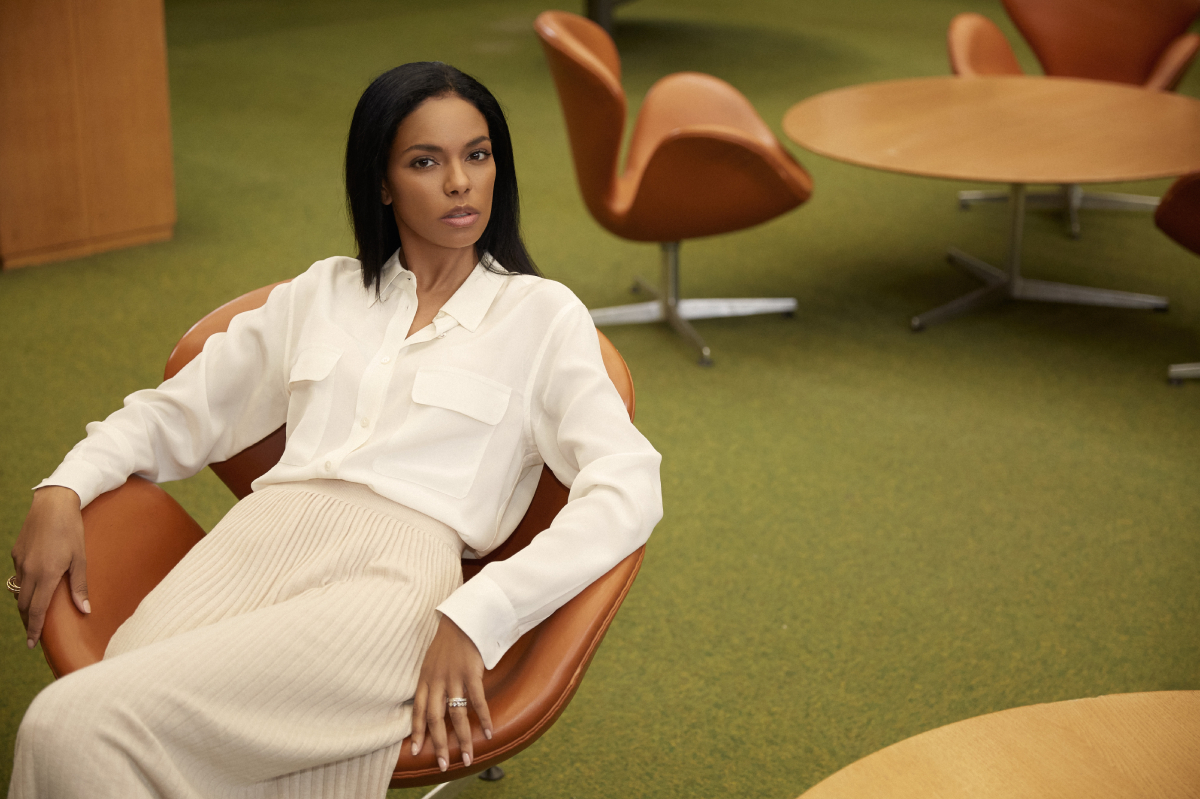
Do you consider yourself a feminist?
Absolutely. I think anyone who wants to see women equipped and empowered to take on all the same roles as men is a feminist. In many cultures and societies, women and girls are still not free to make choices. It is important that we keep speaking out about inequality and discrimination, of all kinds. My message has been, and continues to be, that women and girls need to be educated because it’s their right, but also, because society as a whole will benefit.
As a mentor to many, do you have someone you identify as a mentor in your own life?
I have had lots of mentors over my career. I am really privileged to have had many female mentors who have encouraged and advised me in my leadership as a woman and helped me to develop myself and our organisation as it grew. They helped me with work relationships, to network, and many of them have also donated to the programs.
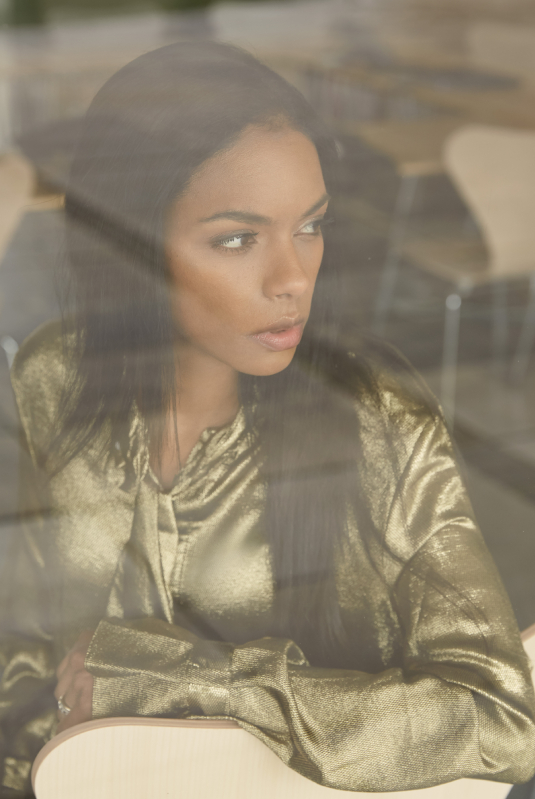
What is your approach to self-care and has this changed over time?
I have always tried to be healthy by doing exercise and eating a balanced diet. This is very important to me and I think this has changed over time because leading a non-profit and experiencing the joy of becoming a mother has meant that I’ve had to be more intentional about it and make the time. Being with my children and going out for a walk, having fun together and reading stories are things that refresh me. I also try to relax in the evening with a book or by watching a documentary. I make sure I wind down at the end of the day as maintaining my mental health is just as important as my physical health.
What does “beauty” mean to you?
When I think of the word beauty, I see the girls of Malaika school. I see Africa and its incredible landscape and wonderful people. Beauty sums up so many things and so many elements of a person, including what’s on the inside: their potential; their fortitude; their spirit; their love for others; their acts of service. It also means bringing the best out of someone. Beauty is important to me and I have done many beauty campaigns in my career so it is a big part of my life. I love the way that beauty products and fashion serve to bring out and enhance a beauty that is already there.
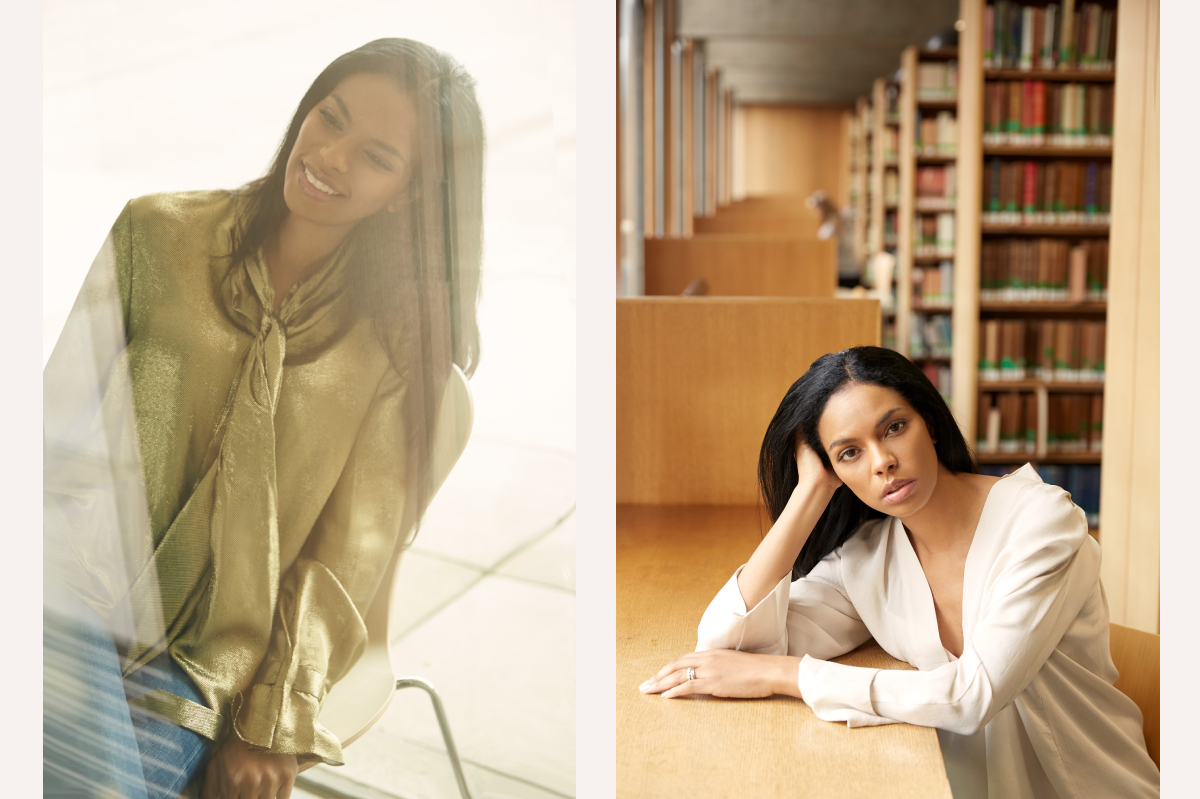
Is sustainability important to you?
Yes, it is crucial that we become increasingly more sustainable in all areas of life. I have started renting outfits for events as this means I can enjoy a variety of fashionable items without buying something that may only be worn once. When I work with a designer, I always find out how and where their clothes are made. Sustainability is something we are working hard to achieve at Malaika as well. We grow the food for the school canteen, we use solar power at the school and community center and we plant trees. Once a month, we engage the whole community in a big clean up of the whole village.
What is a key lesson you wish to impart to your children?
That it’s important to be kind and to be happy. They are already little philanthropists in the making as they join me once a year in the Congo for five weeks and they learn a lot during that time. They give some of their pocket money to help and they enjoy engaging with the children in the village. My daughter was Harriet Tubman for World Book Day, so they are already conscious of what it means to be people who care for humanity.
Where do you see yourself in 10 years?
A proud mother of teenagers! A proud leader of a non-profit that has developed and grown further and impacted more people, with hopefully other similar facilities like Malaika set up in other contexts. Malaika is a community-driven model that can be replicated anywhere and I hope to have seen that happen in the next decade.
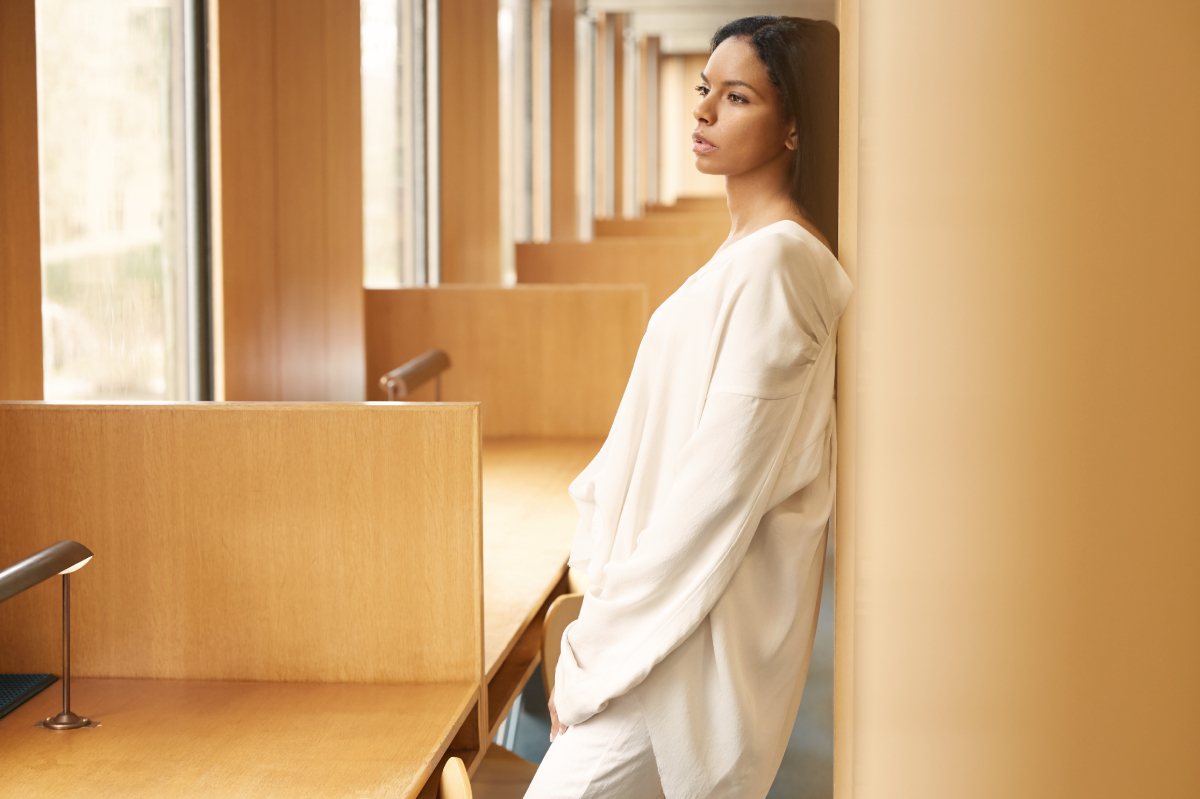
If you were a superhero, what would your power be?
That’s easy! I would be able to fly - and fast! Then I could go to the Congo and check in with our fantastic team on the ground, go and see some of our staff and volunteers in the US, do a modelling campaign, speak at a conference about the importance of educating girls, and be back home again in time for tea.
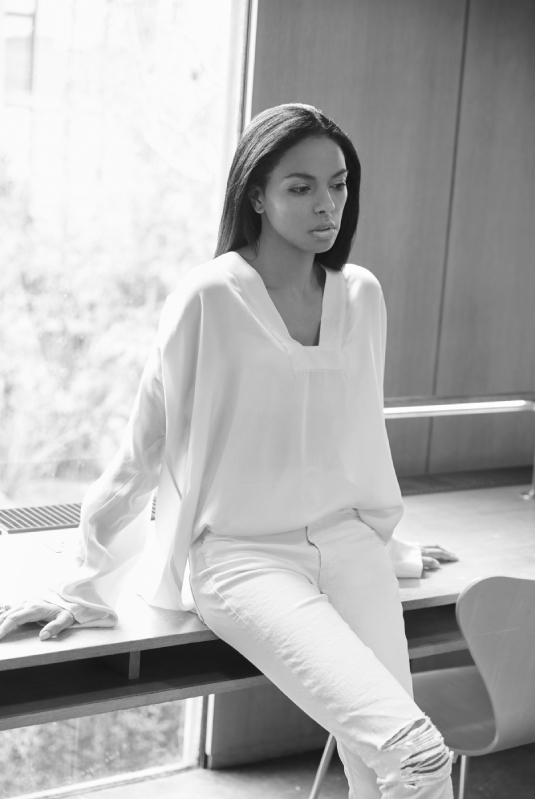
Photography by Helene Sandberg.
With special thanks to St. Catherine’s College for being so accommodating.
